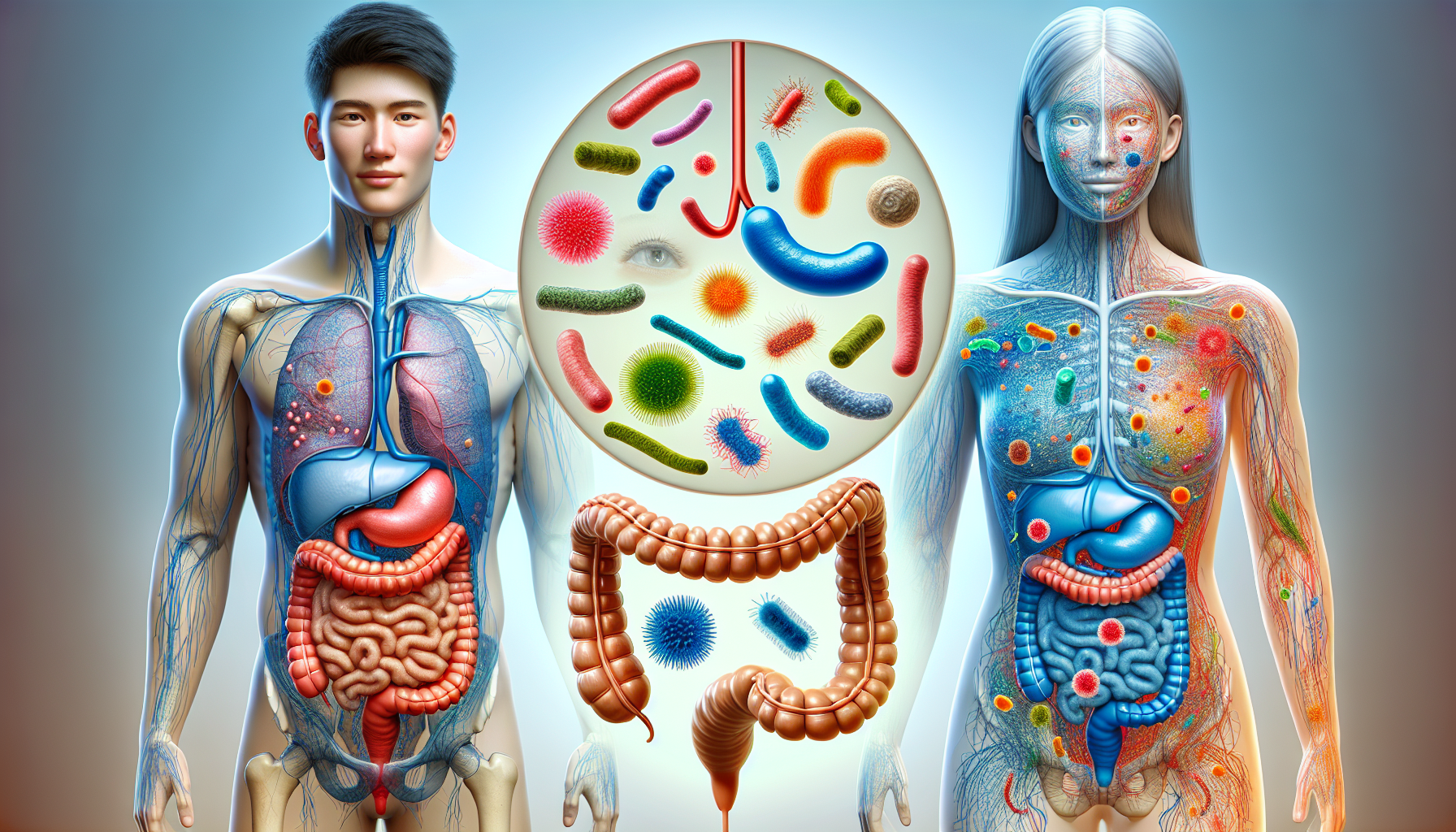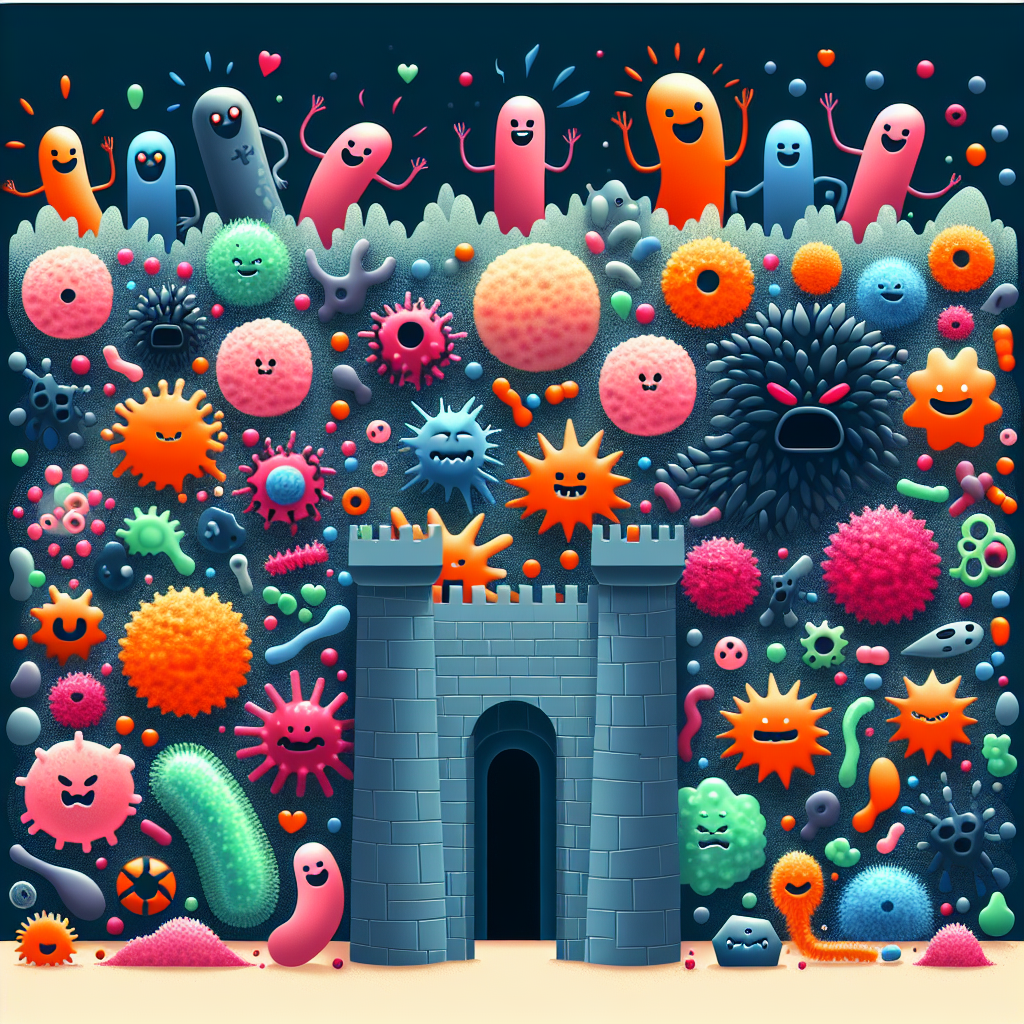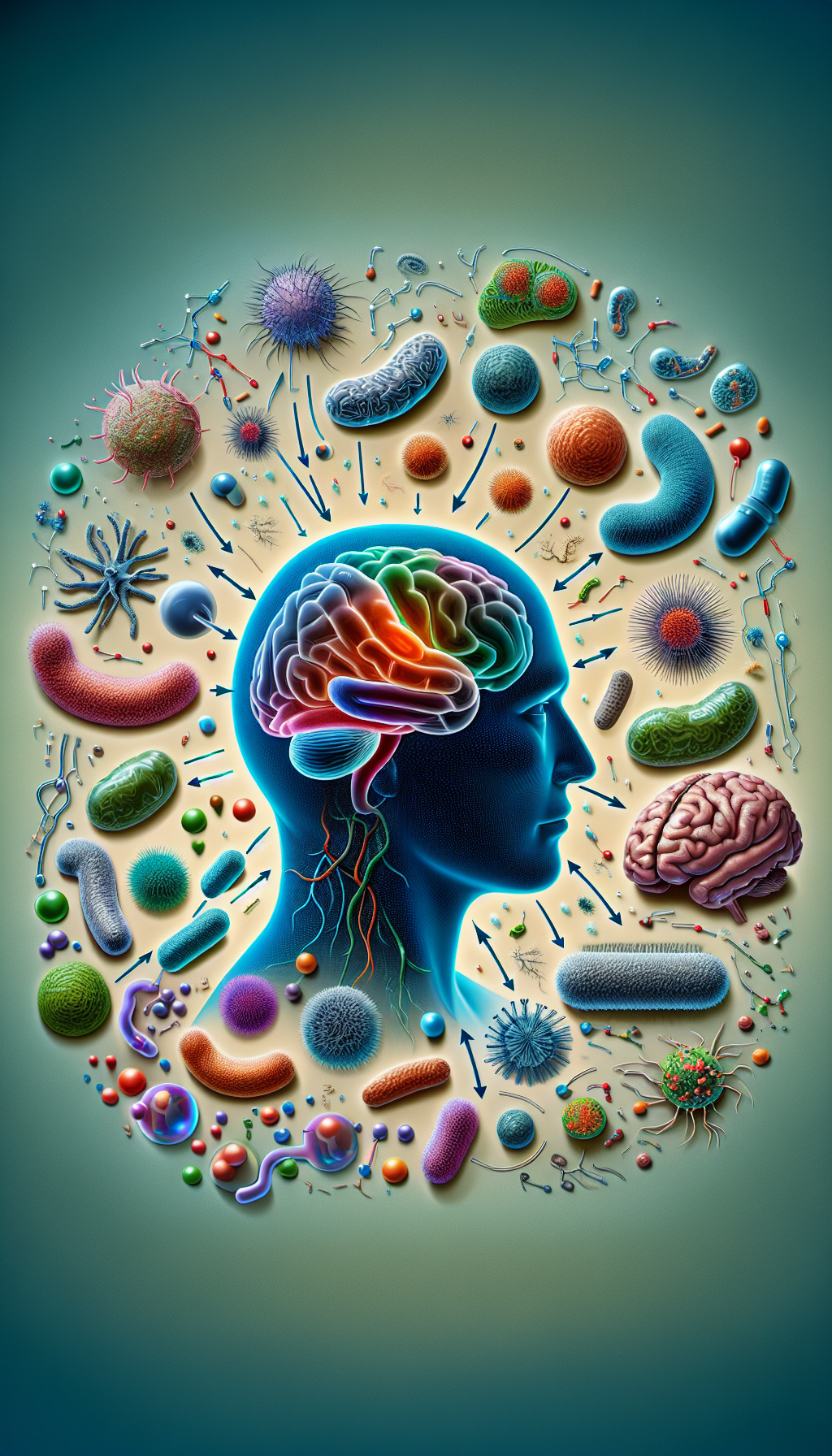The human gut microbiota is a complex and dynamic ecosystem, inhabited by trillions of microorganisms that play a pivotal role in our overall health. Understanding the connection between these microscopic inhabitants and the prevention and management of digestive diseases can unlock new pathways to health and wellness. In this comprehensive exploration, we delve into the integral functions of gut microbiota, their impact on digestive disorders, and how individuals can harness their power for improved digestive and overall health.
The Gut Microbiota: A Cornerstone of Digestive Health
The gut microbiota consists of bacteria, archaea, viruses, and fungi that reside primarily in the colon. These microorganisms are not mere passengers; they perform vital tasks that affect our physiology, metabolism, nutrition, and immune function. A balanced gut microbiota is crucial for maintaining the integrity of the gut barrier, synthesizing essential vitamins, and facilitating digestion and absorption of nutrients.
Gut Microbiota and Digestive Disease Prevention
Preventative health strategies increasingly recognize the importance of maintaining a healthy gut microbiota. Research has shown that a diverse and balanced gut microbiome can help prevent various digestive diseases, such as inflammatory bowel disease (IBD), irritable bowel syndrome (IBS), and colorectal cancer. A rich and varied microbial community supports the gut lining, prevents the overgrowth of pathogenic bacteria, and modulates the immune system to protect against inflammatory responses that can lead to disease.
Probiotics and Prebiotics: Allies of Gut Health
Probiotics are live microorganisms that, when administered in adequate amounts, confer a health benefit on the host. They can help replenish and maintain a healthy microbiota, especially after disturbances such as antibiotic use or gastrointestinal infections. Prebiotics, on the other hand, are non-digestible food components that stimulate the growth and activity of beneficial gut bacteria. Together, probiotics and prebiotics can shape the gut environment to favor health-promoting microbes. For a deeper understanding of their roles, consider reading the article Probiotics and Prebiotics: Nourishing a Healthy Gut Microbiome.
Managing Digestive Diseases with Microbiota Modulation
For individuals with existing digestive disorders, modulating the gut microbiota can be a part of the therapeutic approach. Fecal microbiota transplantation (FMT) is a procedure that involves the transfer of fecal bacteria from a healthy donor to a patient, aiming to restore a healthy microbial community. This has been particularly effective in treating recurrent Clostridioides difficile infection and is being explored for other conditions such as ulcerative colitis.
Dietary Interventions
Diet plays a significant role in shaping the gut microbiota. Diets rich in fiber from fruits, vegetables, and whole grains promote the growth of beneficial bacteria that produce short-chain fatty acids (SCFAs), which have anti-inflammatory properties and strengthen the gut barrier. Eliminating or reducing the intake of processed foods, red meats, and sugars can also favor a healthier microbiota composition and function. For insights into dietary adjustments that can support gut health, the article Dietary Fiber and Digestive Health: The Undeniable Link provides valuable information.
External Resources Supporting Microbiota Health
To further explore the significance of gut microbiota in health, numerous niche resources provide in-depth information:
- The International Scientific Association for Probiotics and Prebiotics (ISAPP) offers evidence-based information on the health benefits of probiotics and prebiotics.
- The American Gastroenterological Association (AGA) provides guidelines and research updates on gut microbiota and its role in gastrointestinal diseases.
- The Human Microbiome Project (HMP) is an initiative that has characterized the human microbiota and its role in human health and disease.
The Microbiota-Gut-Brain Axis
The gut microbiota’s influence extends beyond the digestive system, affecting the central nervous system through the microbiota-gut-brain axis. This bidirectional communication pathway allows for the transfer of signals between the gut and the brain, impacting mood, behavior, and cognitive functions. Dysbiosis, or an imbalance in the gut microbiota, has been associated with neurological and psychiatric conditions, including depression and anxiety. For a comprehensive look at this topic, the article Healthy Gut, Healthy Mind: Exploring the Gut-Brain Connection is an excellent resource.
Future Directions in Microbiota Research
The field of microbiota research is rapidly evolving, with new discoveries constantly expanding our understanding of how these microorganisms influence our health. Future research aims to develop personalized microbiota-based therapies, identify microbial markers for early disease detection, and uncover novel probiotic strains with targeted health benefits. As we continue to unravel the complexities of the gut microbiome, the potential for innovative treatments and preventative measures grows.
Conclusion
The gut microbiota plays an essential role in both the prevention and management of digestive diseases. By adopting a diet rich in probiotics, prebiotics, and fiber, individuals can foster a microbiota that supports digestive health and overall well-being. With ongoing research and an increasing emphasis on gut health, the microbiota stands as a powerful ally in the quest for optimal health. To further your understanding of digestive health and the interventions available, explore the comprehensive resources at Digestive Health.
Maintaining a balanced gut microbiota is more than a dietary choice; it’s a lifestyle commitment to long-term health. As we continue to uncover the intricate relationships between our microbiota and various aspects of our health, the importance of these microscopic communities cannot be overstated. Embrace the power of your gut microbiota and take proactive steps towards a healthier future.



